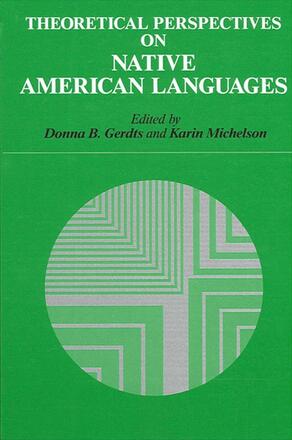
Theoretical Perspectives on Native American Languages
Alternative formats available from:
Description
American linguistics has a tradition of finding unique and important insights from studies of Native American languages, often leading to innovations in current theories. At the same time, research on Native languages has been enhanced by the perspectives of modern theory. This book extends this tradition by presenting original analyses of aspects of six Native languages of Canada—Algonquin, Athapaskan, Eskimo, Iroquoian, Salishan, and Siouan.
Addressing problems relevant to phonology, morphology, syntax, and semantics, the authors make both descriptive and theoretical contributions by presenting data that has not been previously published or treated from the viewpoint of contemporary theory.
Donna B. Gerdts is in the Department of Linguistics at the State University of New York at Buffalo. Karin Michelson is in the Department of Linguistics at Harvard University.
Reviews
"This book represents an emerging area, research in which will provide important new insights into both the languages under study and the theories involved. It is a very timely book, and a good one. All linguists working on Amerindian languages should buy it, and I suspect many theoreticians will as well. " — Elizabeth A. Cowper, University of Toronto